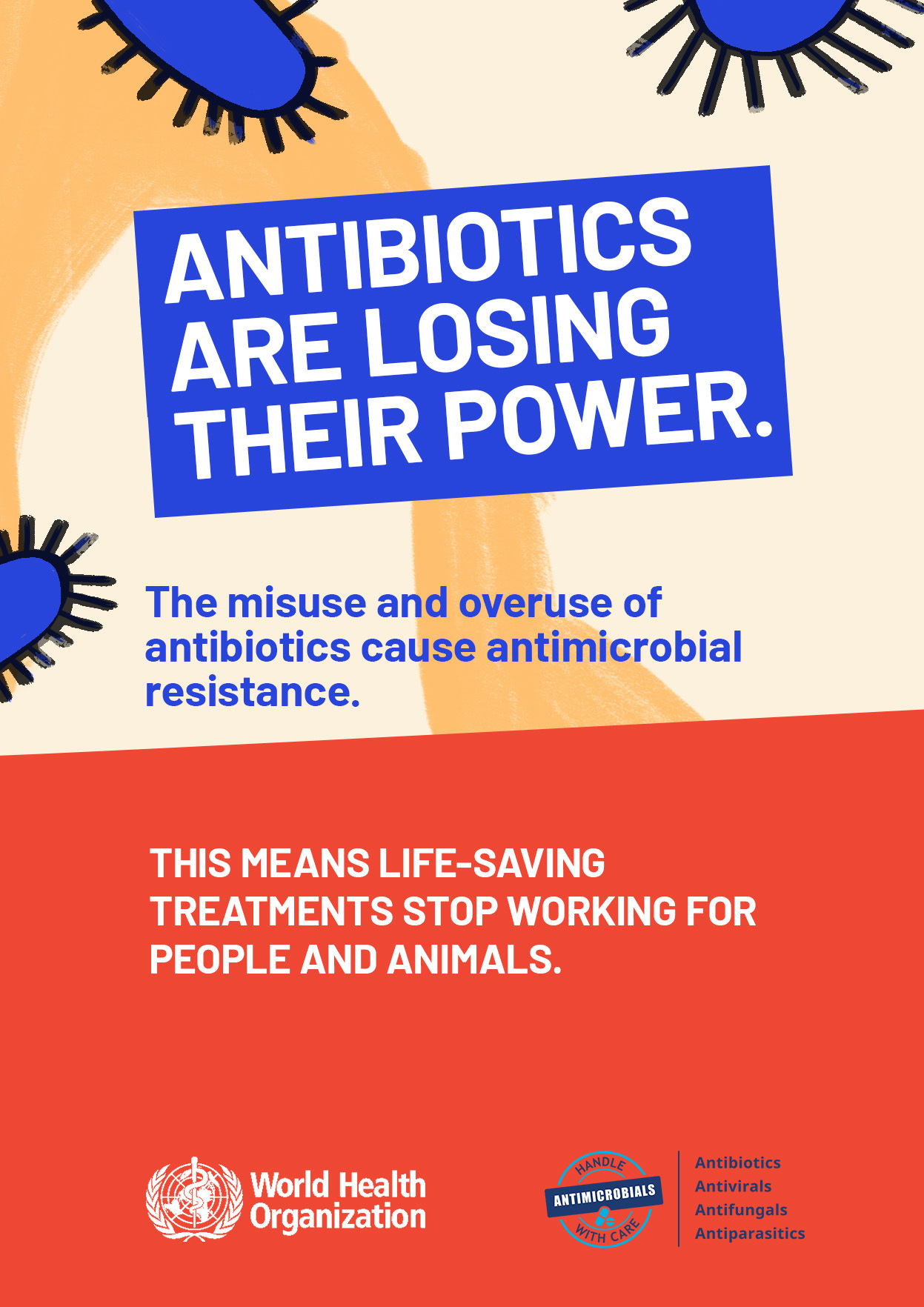At the 79th Session of the United Nations General Assembly (UNGA), FAO, UNEP, WHO and WOAH welcome agreement, including target to reduce human deaths from AMR by 10% by 2030.
 |
| “Antibiotics are losing their power”. Photo: @UN |
Global leaders have approved a political declaration at the 79th United Nations General Assembly (UNGA) High-Level Meeting on Antimicrobial Resistance (AMR), committing to a clear set of targets and actions, including reducing the estimated 4.95 million human deaths associated with bacterial antimicrobial resistance (AMR) annually by 10% by 2030.
The declaration also calls for sustainable national financing and US$100 million in catalytic funding, to help achieve a target of at least 60% of countries having funded national action plans on AMR by 2030. This goal is to be reached through, for example, diversifying funding sources and securing more contributors to the Antimicrobial Resistance Multi-Partner Trust Fund.
The Food and Agriculture Organization of the United Nations (FAO), the United Nations Environment Programme (UNEP), the World Health Organization (WHO) and the World Organisation for Animal Health (WOAH), known as the Quadripartite, welcome the declaration. The Quadripartite applauds countries for recognising the need for global, regional and national efforts to address AMR through a One Health approach, which recognizes that the health of people, animals, plants and the wider environment, including ecosystems, are closely linked and interdependent.
AMR occurs when bacteria, viruses, fungi and parasites no longer respond to medicines, leading to infections becoming difficult or impossible to treat, increasing the risk of disease spread, severe illness and death. who.int
